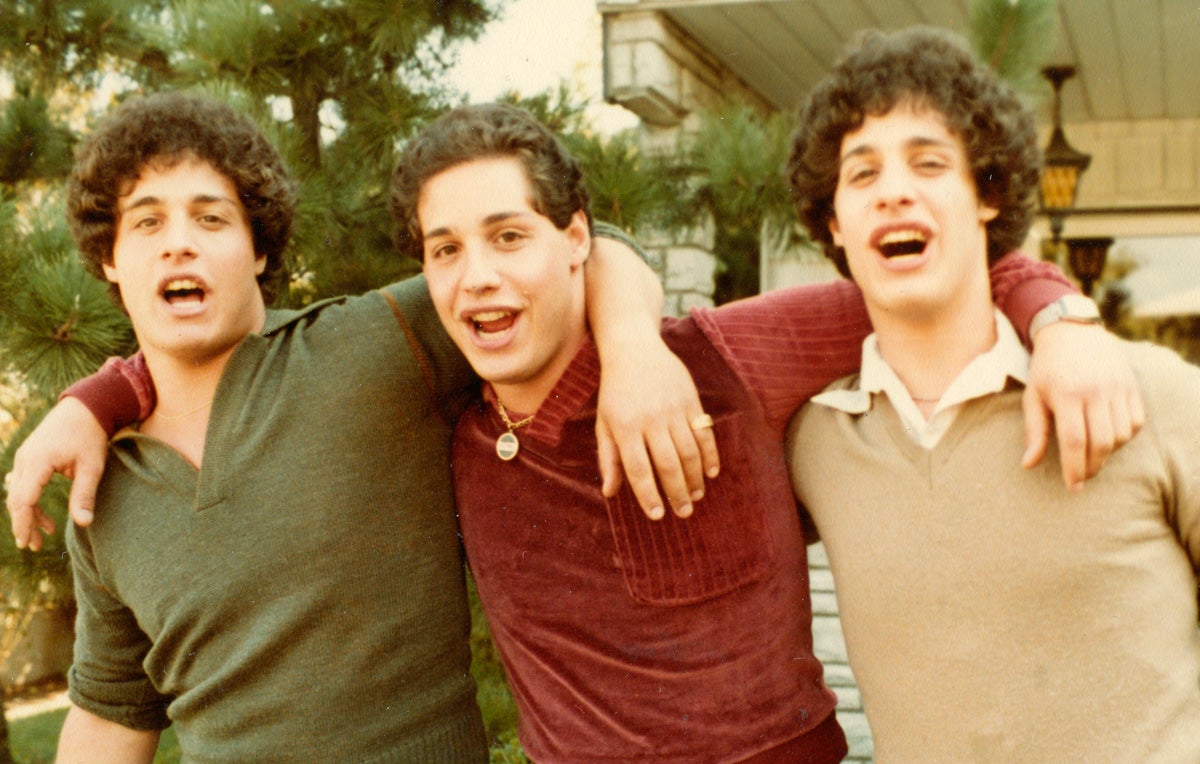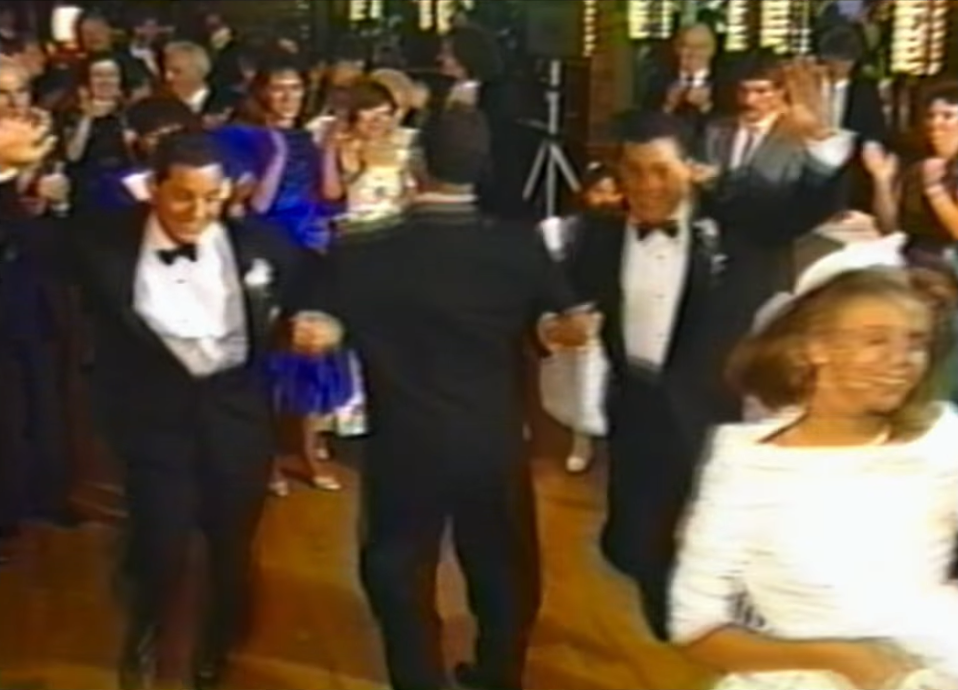Nature versus nurture: The heartbreaking experiment of triplets separated at birth
The triplets were adopted by different families as part of a disturbing experiment
Imagine growing up in your perfect little bubble… only to discover that you have not one, but two siblings that you never knew existed.
Robert Shafran, Eddy Galland and David Kellman spent nineteen years none the wiser that they were identical triplets.
Separated at birth, they had each been adopted by different families and obliviously grew up with no knowledge of one another.
However, the truth behind why this all came to pass is extremely sinister.
Shafran, Galland and Kellman were all adopted in 1961 through the now-defunct Louise Wise Agency.
They were each monitored as part of a legal study led by psychoanalyst Dr Peter Neubauer of the Manhattan’s Child Development Centre, which has since merged with The Jewish Board of Family and Children’s Services.
The aim of the study was to explore the age-old question of “nature versus nurture”; to see whether placing the triplets in different domestic environments would affect their upbringings.

It was only thanks to a chance encounter that they ever crossed paths.
In 1980 when Shafran attended his first day of college at Sullivan County Community College in New York, he was taken aback by the overwhelmingly positive reception he received from his peers.
He was welcomed with hugs and kisses from several college students, despite having never met any of them before.
One student, a young man called Michael Domnitz, had attended college the previous year with his friend Eddy Gallan.
Domnitz knew that Gallan hadn’t planned on returning to school. However, everyone at college was greeting a new student as Gallan, as if he had come back.
Domnitz went to the lookalike’s dorm room to investigate and was dumbfounded by what he discovered.
“As soon as this guy turned around, I was actually shaking,” he said in the documentary Three Identical Strangers which won a special jury award at the Sundance Film Festival. “The colour from my face dropped because I knew it was his [Gallan’s] double.”

Domnitz immediately asked Shafran whether he was adopted and whether he was born on July 12 1961.
When Shafran replied affirmatively, Domnitz told him of his suspicions that Shafran had a twin brother.
Shafran and Gallan’s story received a lot of attention in the press when they met, which is how they eventually found their third brother.
After spotting a photo of Shafran and Gallan together in the news, Kellman contacted the pair to inform them that he believed he was their third brother, making them not twins, but triplets.
Shafran, Gallan and Kellman were in for a wild ride as they explored their newfound fame, even appearing in cameo roles in Madonna’s 1985 film Desperately Seeking Susan.
However, their story took a darker turn when they attempted to figure out why they were separated in the first place.
The triplets were placed in homes with varying states of wealth and were assessed by researchers throughout their childhoods, with none of the families aware that their adoptive sons had identical siblings.

Shafran, Gallan and Kellman weren’t the only adoptive babies included in the study, with many others likely completely ignorant of the fact that they have identical siblings.
Sadly, Gallan took his own life at the age of 33. Shafran and Kellman are now currently in the process of seeking an apology and compensation from The Jewish Board and for official documents from the study to be released.
The Jewish Board refused to take part in the documentary, directed by Tim Wardle.
However, they did provide The Washington Post with a statement in regard to the controversial study.
“The Jewish Board does not endorse the study undertaken by Dr Peter Neubauer, and is appreciative that the film has created an opportunity for a public discourse about it,” a spokeswoman said.
“We hope that the film encourages others to come forward and request access to their records.”
“The Jewish Board had no role in the separation of twins adopted through Louise Wise."
Join our commenting forum
Join thought-provoking conversations, follow other Independent readers and see their replies
Comments